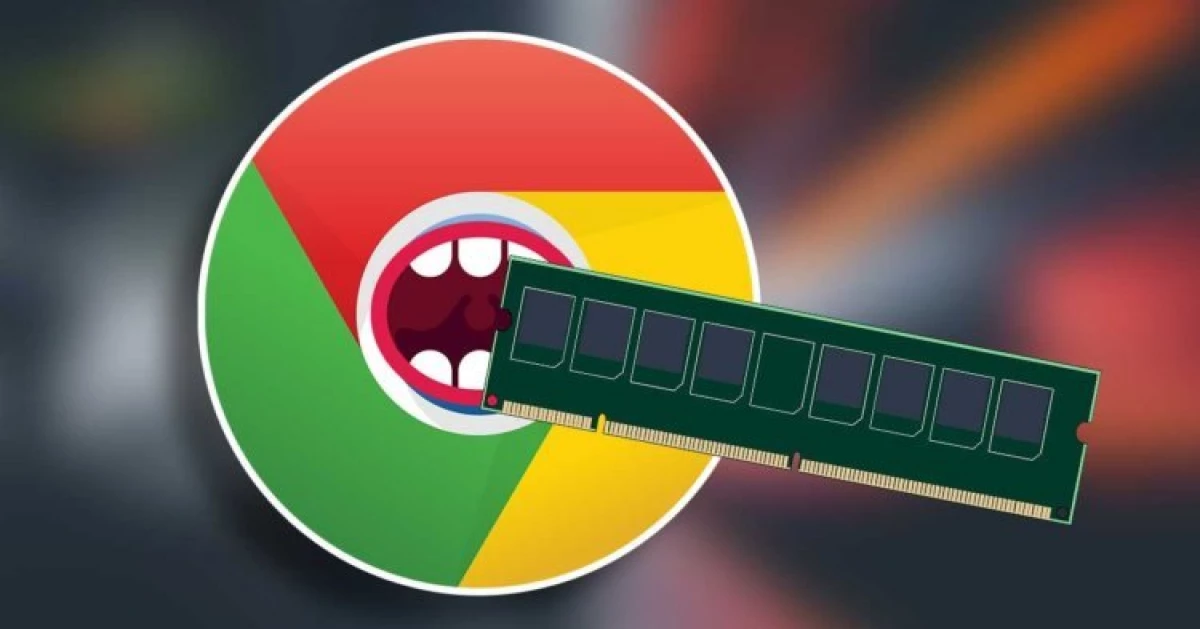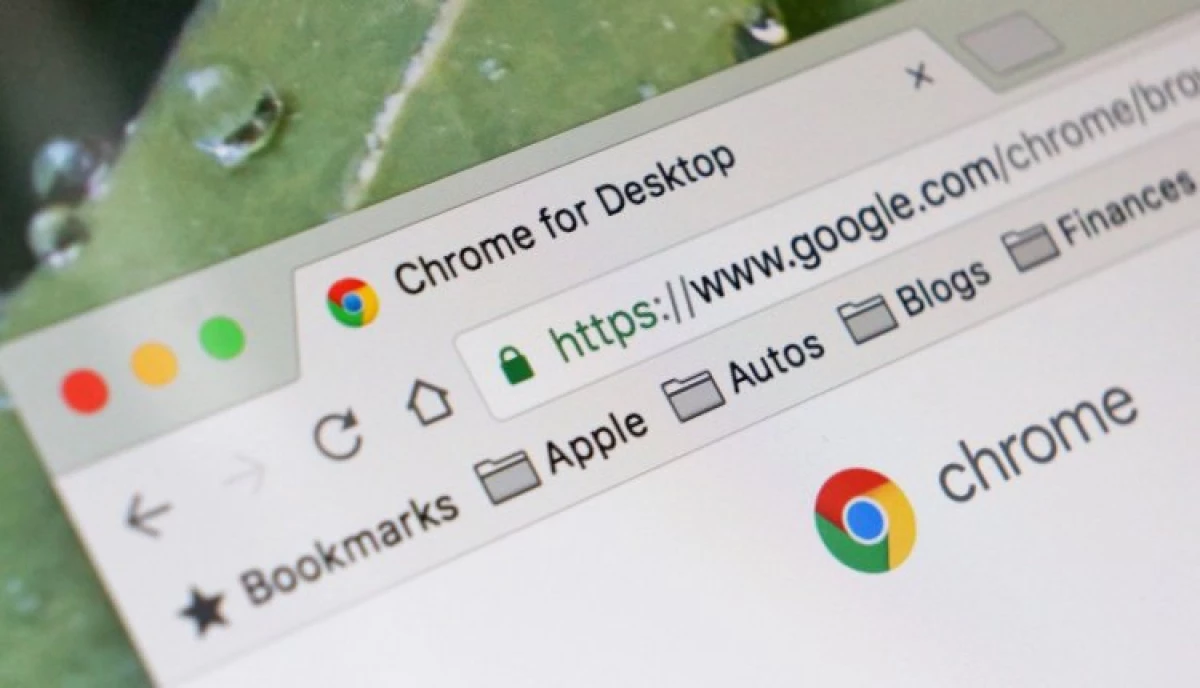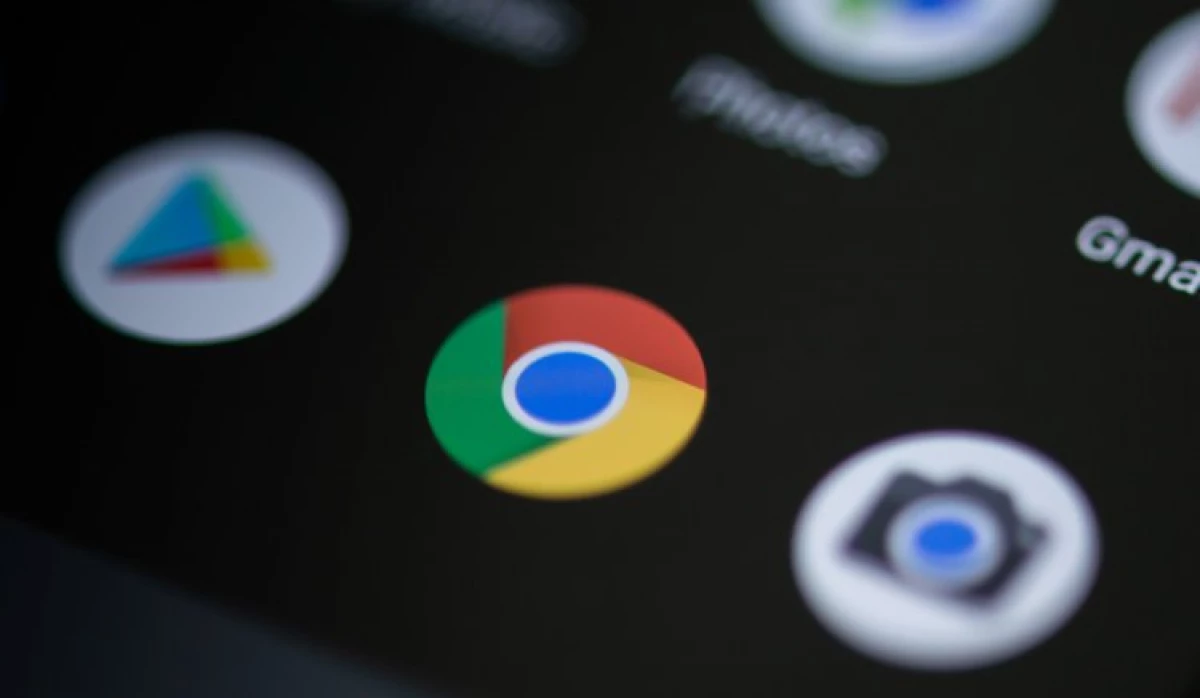The main claim of users to Google Chrome has always consisted in increased resource consumption. Excessive JOR computing power and memory has often led to the fact that the average device - regardless of the operating system - could hardly withstand more than 4-5 at the same time open tabs. But if on desktop platforms, this is due to extensions that users are very like, then why Chrome eats resources as not to themselves on the mobile OS, it was incomprehensible. But, it seems, Google, knew what's the matter.

Chrome eats the RAM? Google is corrected
In Chrome 89, which was released a week ago, there were serious changes in the features of the browser with accessible resources. First of all, Google's developers reworked the device memory allocation system on which Chrome starts. To do this, the browser integrated the Partitionalloc system, which allows it to spend less resources in the same tasks than earlier.
Update Chrome 89.

According to Google developers who work on the improvement of Chrome, after updating the browser began to consume memory at 22%. This allows you to free up to 100 MB with each open tab, as well as reduce the download time, which is now 9-10% less than before. The corresponding transformations happened both with desktop and mobile version of Google Chrome.
However, for mobile devices, changes were slightly more visible. Finally, Google decided to somehow apply 8 GB of RAM and more, implementing a special acceleration system, providing such devices to load 8.5% faster and 28% more smooth scrolling. This mechanism only works on Android 10 and newer and only if the available operational memory is available or exceeds 8 GB.
Google will update Chrome in a new way. What will change
Not to say that what happened somehow globally dispersed Chrome, but in general it is clear that Google tries. After all, over the past few months, the company has introduced a number of innovations in the browser aimed at increasing the speed of its work and reduce resource consumption.
New Google Chrome functions

Here are the most basic:
- Back and Forward Cache - a mechanism that allows you to instantly download the page when returning back, pulling it out of the cache;
- The JavaScript timer is a timer that counts time from the last appeal to the tab and freezes it if more than a minute passed;
- Freeze-dried Tabs is a tool that makes a screen shot and loads it first if the page is heavy;
- IsolatedSplits is a mechanism that supports only those web pages that are located in the user visibility zone that increases the download speed by 7%.
Why I stopped using extensions for Google Chrome
Obviously, Chrome becomes only better. Yes, he is still far from Safari, which works 50% faster. But the thing is that looking at the Apple browser does not make any sense. It is focused only on the company's own devices and is not available anywhere else. Therefore, Apple has the ability to adapt it under a strictly defined list of hardware combinations.
Google has to work on a wider audience, and it does not physically adapt Chrome under all devices in principle. Therefore, it is quite difficult to avoid any problems. Someone is likely to lead in an example of Opera or Firefox, which allegedly work better than Chrome, albeit universal browsers. But the thing is that they do not close so popular, and everyone just does not have anything to do.
